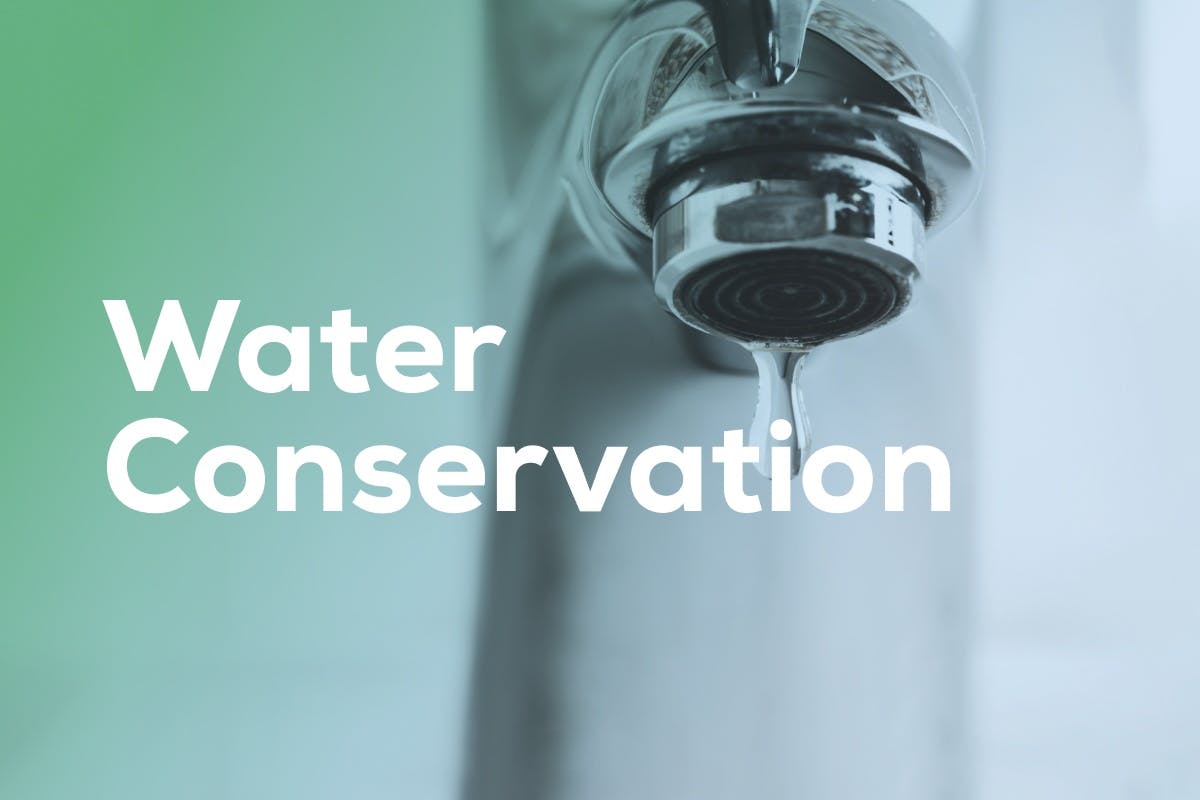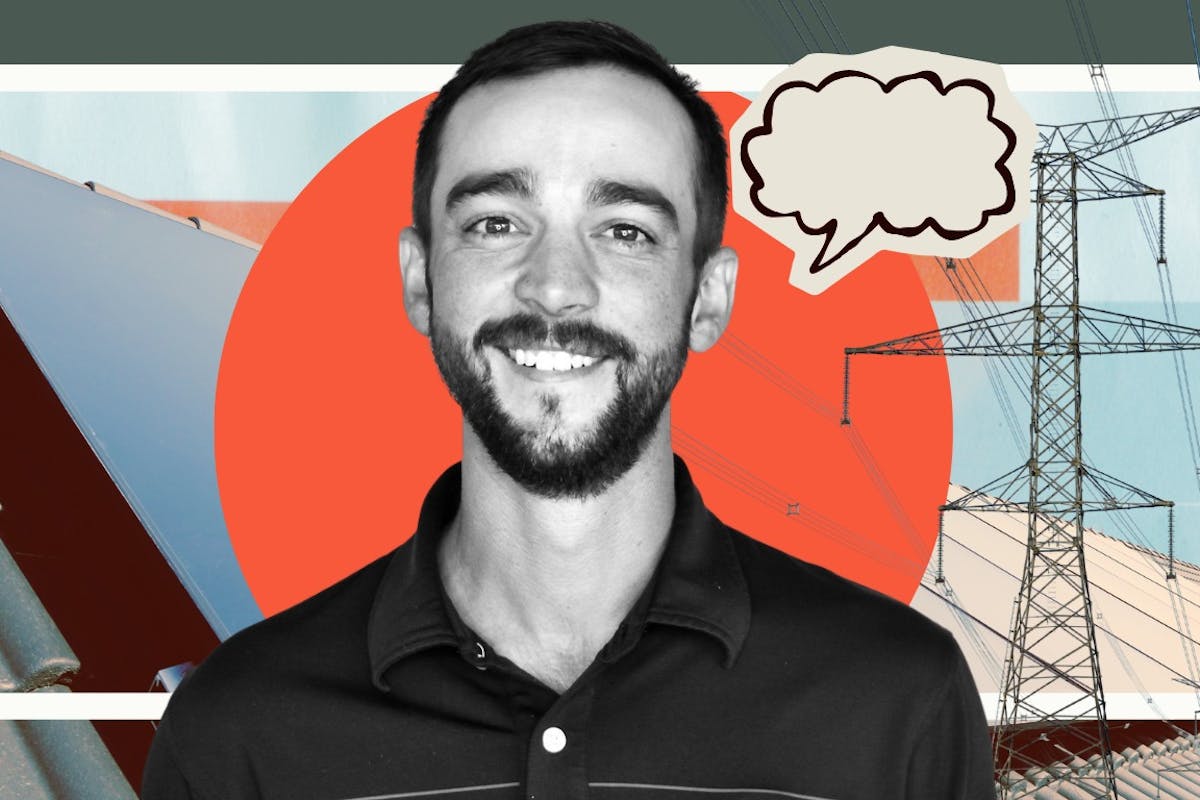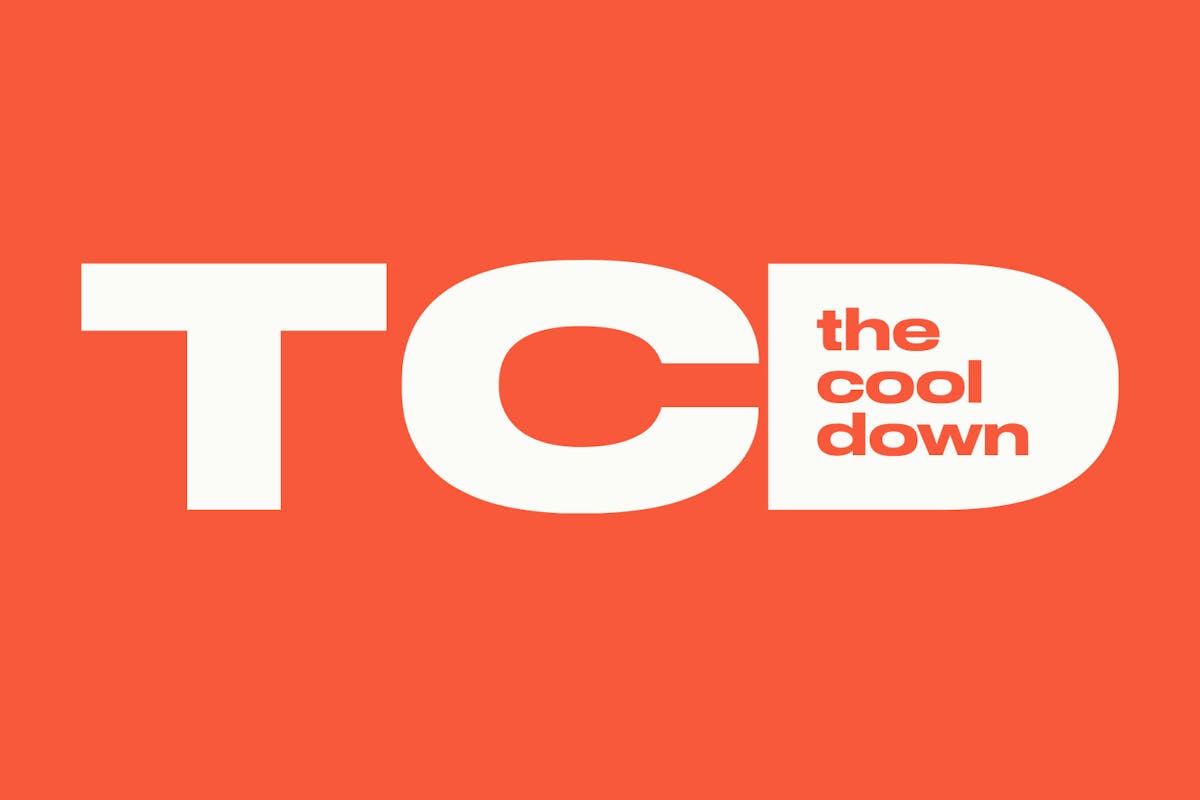Water Conservation Can Help the Planet and Lower Energy Bills
Last edited
Author
Cory O'Brien
Senior Director - Growth Marketing
Editor
Ryan Barnett
SVP, Policy & New Market Development

Water, especially fresh water, is one of the most important resources on our planet. As humans, we depend on water in many ways, including regulating body temperature, making blood vessels flexible, and proper cellular functions. Unfortunately, water scarcity is a growing global concern, which makes pursuing water conservation that much more important. This article will share practical ways to reduce how much water we waste, so we can help the planet and even lower our monthly utility bills.
See how much you can save with home energy changes
What Is Water Conservation?
Water conservation is the practice of limiting unnecessary water usage and eliminating water waste as a way to preserve water as a natural resource.
Water conservation includes:
- Using water efficiently
- Assessing and monitoring water resources
- Protecting the watersheds that ensure a steady clean water supply
Why Is Water Conservation Important?
Conserving water is not just about saving water. It's also about saving money and protecting the environment. Whether it’s at home, in the community, or around the globe, we should take all available opportunities to implement effective water conservation tips.
1. Protect Drinking Water
Water is necessary for healthy ecosystems, but despite its importance, our freshwater resources are under stress worldwide. Environmental activists believe that implementing ways to conserve water is essential to our future. According to the U.S. Geological Survey, our planet contains about 332,500 cubic miles of water. While this might seem like a lot, only around 0.001% of that amount is our drinkable water supply.
Moreover, the World Health Organization reports that over 2 billion people live in areas where obtaining clean drinking water is difficult. Such water shortages will increase as climate change increases, populations rise, and cities grow to accommodate more people. We must do everything we can to preserve the current freshwater supply so that future generations will have enough to drink and thrive.
2. Save Energy and Money
Up to 40% of the energy used by your average community is for the treating, pumping, transporting, and heating of water. By using less water for everyday activities, you can help reduce your energy consumption, carbon footprint, and energy bills.
3. Protect Vulnerable Ecosystems
Using up our limited supply of freshwater, and overusing water can cause adverse environmental effects on the surrounding ecosystem. For example, diverting too much water from a river can result in the damage or death of plants and animals living nearby. Not only does this hurt wildlife populations in those areas, but it also affects humans who rely on those ecosystems for food or other resources.
Water conservation preserves aquatic life by keeping streams, rivers, and lakes from running dry. It can also help reduce pollution in rivers and lakes, allowing more fish and other species to thrive. Preserving vegetation like trees and plants through efficient water usage can also slow down erosion, and provide shade for waterways that keep them cool enough for fish to survive.
8 Helpful Water Conservation Tips
The statistics on how much water Americans use and waste may surprise you:
- The average household with a lawn uses 320 gallons of water per day.
- A family of four can save $170 per year on their utility bills by using water-efficient appliances.
- Americans use an estimated 9 billion gallons of water per day for lawn irrigation systems, 30% of all residential water use!
You can significantly reduce your carbon footprint and prevent pollutants from entering the water supply by taking certain measures:
- Repair leaky faucets
- Install low-flow showerheads
- Reuse rainwater to water your lawn and gardens
Saving water reduces the amount of energy used in purifying drinking water, and prevents contamination of natural habitats and ecosystems. Learn how to conserve water around your home with these tips:
- Fix plumbing leaks: According to the U.S. Department of Energy, addressing those problems can save homeowners about 10% of their water bills.
- Reduce watering the outdoors: By shaving just 5% off your usage, an average family can save 300 gallons per month in the summer months.
- Use Energy Star certified appliances: These Energy Star products use at least 20% less water than standard models without sacrificing performance, and are required by law to be more efficient.
- Take shorter showers: Try to get your time in the shower under the 10-minute mark to reduce running water. To save even more, turn off the water when soaping up so that you don’t let the water run unnecessarily.
- Install a low-flow showerhead: A low-flow showerhead can use as little as 1/2 gallon of water per minute. By contrast, standard showerheads can blast out up to 5 gallons per minute.
- Replace old toilets: If your toilet was manufactured before 1994, it can use up to 3.5 gallons or more for each flush. Newer models use about 1.25 gallons, a savings of 2.25 gallons each time you flush!
- Reduce food waste: Growing food is one of the most water-intensive things we do, so every bit of food that gets wasted was using water unnecessarily. Try to reduce your food waste by buying less but more frequently, and only buying what you need.
- Only run full loads: You should fill up your dishwasher and washing machine before running them, as washing dishes and washing clothes uses the same amount of water and energy whether you fill them entirely or partially.
- Install faucet aerators: These small additions can help reduce your water footprint, saving up to 700 gallons of water each year.
Many cities across the country are starting to implement rebate programs for homeowners. These incentives encourage people to install efficient appliances, low-flow fixtures, and look for other ways to conserve water. If you turn off the water while you brush your teeth, it can also make a big difference over time.
See how much you can save with home energy changes
How To Conserve Water and Lower Energy Bills
Water conservation and energy conservation go hand in hand. The U.S. Department of Energy reports that even small changes in your household water consumption can make a big difference in your energy bills. For example, cutting back on showering by two minutes each day can save up to 500 pounds of carbon dioxide per year, along with $70 annually on gas or electricity costs for heating water (depending on your fuel type).
Reducing your water usage can lower energy bills in two significant ways: heating and distribution.
Heat Less Water
Communities often rely on energy-intensive methods to supply clean drinking water to homes and businesses. Treating and pumping water can be expensive, so it's essential to use this resource wisely.
Up to 19% of residential energy usage goes toward water heating. Most people can save nearly 1,000 gallons each month by installing low-flow fixtures in their home, as much as $150 in annual savings per home!
Conservation also helps reduce stress on local sewage treatment plants and municipal wastewater facilities, which typically use more electricity than any other public service except drinking water systems.
Spread Less Water
Homeowners typically like having a pretty yard, but it can also lead to wasting water. When you reduce the frequency of your lawn-watering sessions–especially if you use an automated sprinkler–you’re reducing water and energy use.
If you do like a freshly manicured lawn, but still want to conserve water, we recommend a smart sprinkler system. Not only can you better program when and how your lawn gets watered, but the higher-end systems feature weather and moisture sensors to determine the optimal time for watering, and can not water on windy days or if nature has done it for you.
Simply put, the less water you’re using for sprinkling, the less energy you’ll use to operate those sprinklers.
Help the Planet and Lower Energy Bills with Water Conservation
Water conservation involves improving water efficiency so we can proactively take care of the water we have. Protecting our precious natural resources and meeting our future drinking water needs involves a range of steps:
- Improving water management practices
- Choosing and maintaining appliances and fixtures that use less water
- Preserving groundwater and surface water
- Recycling treated wastewater
Choosing ways to conserve water is also an easy way to lower your utility bills and can help prevent wasted water from harming the environment. You don't even have to make drastic changes. One easy way to start saving water is by investing in a low-flow showerhead or toilet. Small steps like these add up over time, and will help you do your part in conserving this precious resource for years to come.
Ready to combine your water conservation efforts with other planet-saving actions? Consider installing solar panels on your home to use clean, green energy when you do need electricity. Get started today with Palmetto’s Free Solar Design and Savings Estimate Tool to see how much you could save by going solar.


